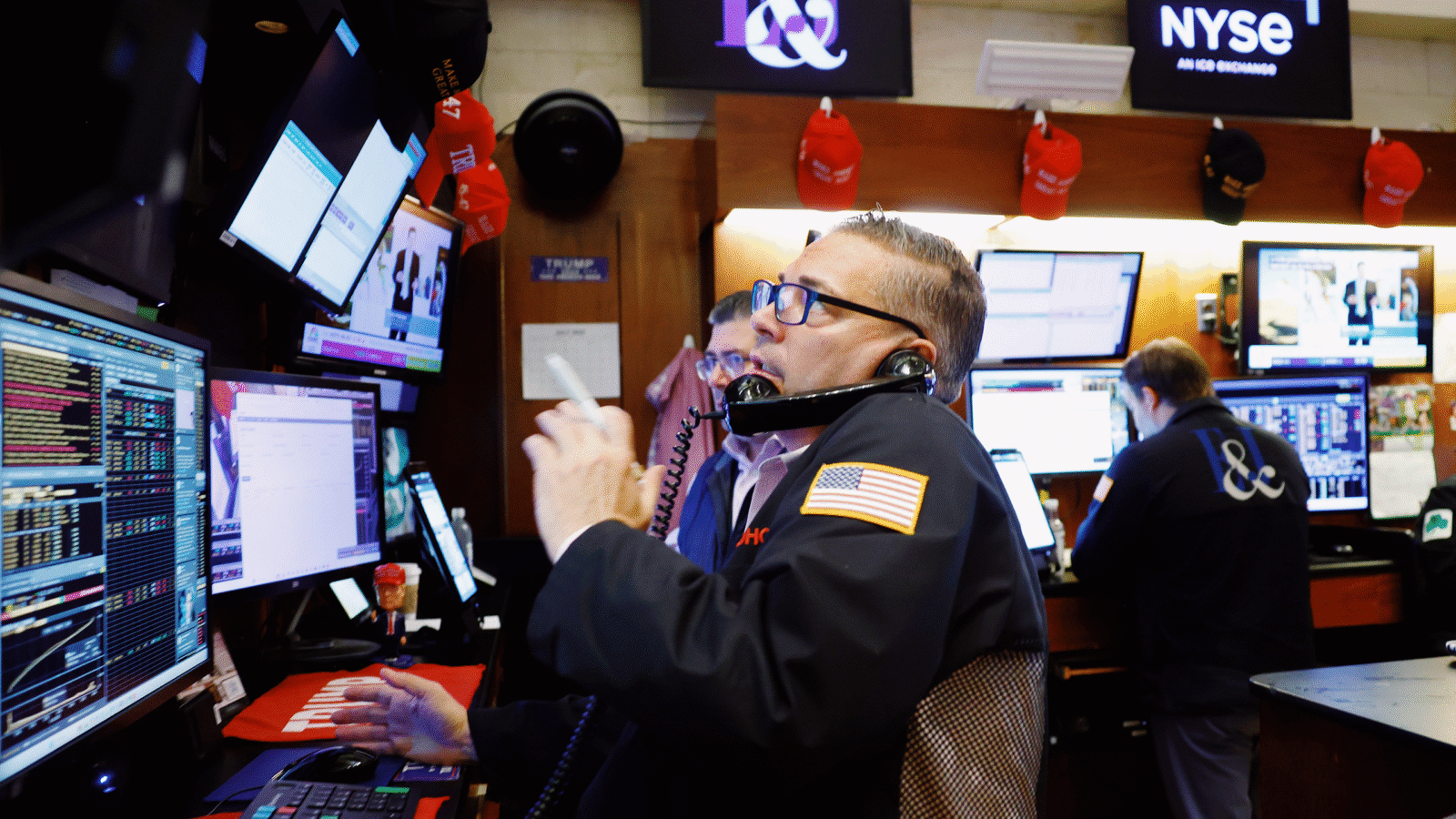Is the US Seeing a Startup Boom?
After a slump through the latter half of the last decade, the US is experiencing a startup tsunami, according to The Economist.

Sign up for smart news, insights, and analysis on the biggest financial stories of the day.
How’s this for entrepreneurial spirit?
After a slump through the latter half of the last decade, the US is experiencing a startup tsunami, according to an analysis published this weekend by The Economist. The trend may simultaneously be both a cause and effect of the country’s white-hot labor market.
If You Start Me Up
You’d be forgiven for thinking the ultra-low interest rates and endless cascade of venture capital cash in Silicon Valley created a startup-fueled economy in the 2010s. But startups made up less of the pre-pandemic American economy than they did during the Reagan administration; per The Economist, businesses younger than five years old — a proxy stat for startups — accounted for some 29% of US businesses in 2018, compared to almost 40% in 1982. According to researchers at the Fed and elsewhere, that’s largely because giant tech firms hoovered up all the best talent, dulling progress and success on Main Street (or its 21st century, mostly-digital equivalent).
But now, even as interest rates remain elevated and the VC cash spout slowing to a relative trickle, the American economy evidently remains ripe for new entrepreneurs. Historically low unemployment may be to thank:
- Last year, a record 5.5 million startup founders filed applications to start a new business, according to Census Bureau data. And while the pace has slipped somewhat through the first four months of 2024, monthly applications still remain 80% higher than in the 2010s; in Europe, the rate is only 20% higher.
- One leading theory: a resilient labor market, backstopped by a historically low unemployment rate that’s hovered below 4% for months, has given founders the confidence to start a new business knowing their employment prospects will be rich even if they fail. Meanwhile, the proliferation of remote-working culture means founders can tap talent across the country — and the globe — rather than just where they live.
Easy as AI, B, C: Underpinning it all is the arrival of artificial intelligence technologies, with startups both feeding from and fueling the AI boom. According to a paper published by the Census Bureau in March, the number of business applications for firms producing goods or services centered on AI unsurprisingly surged in 2023. Meanwhile, another recent paper from the Census Bureau detailed how AI use within firms has, also unsurprisingly, surged — potentially giving small firms a much-needed productivity boost. Kenan Fikri, director of research at the think-tank Economic Innovation Group, told The Economist that the trend was reminiscent of the 1990s computer boom: “It feels like a step-change increase across the economy in entrepreneurial potential.” Of course, not every startup will survive — it’s up to investors to figure out which ones are real and which ones are mirages. May the odds be ever in your favor, entrepreneurs.











